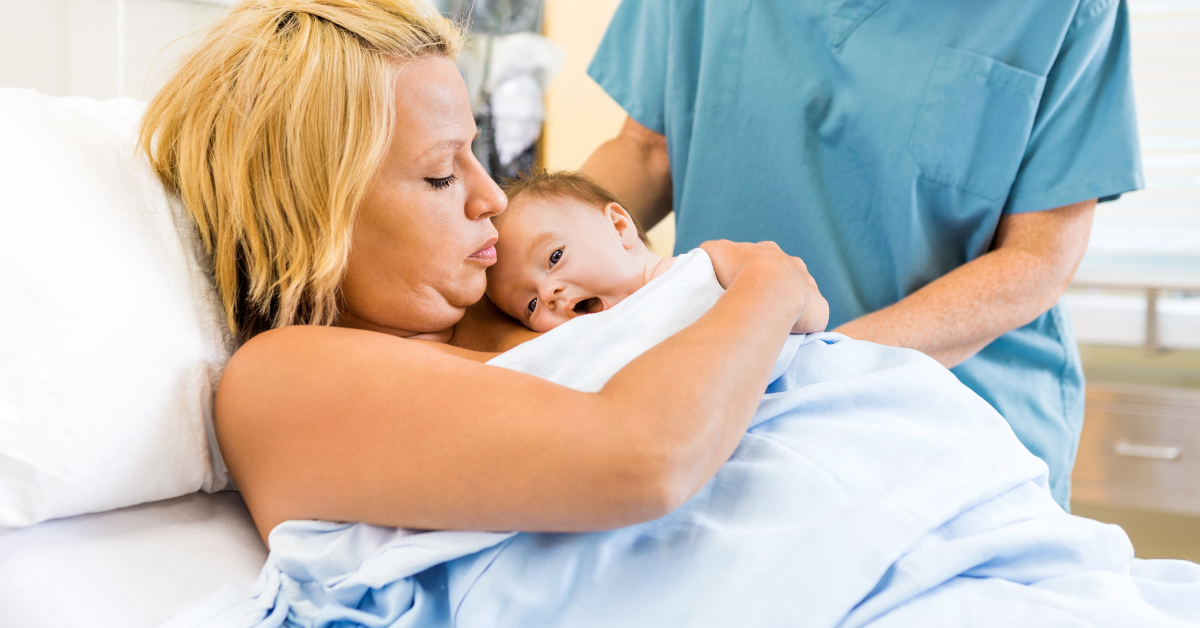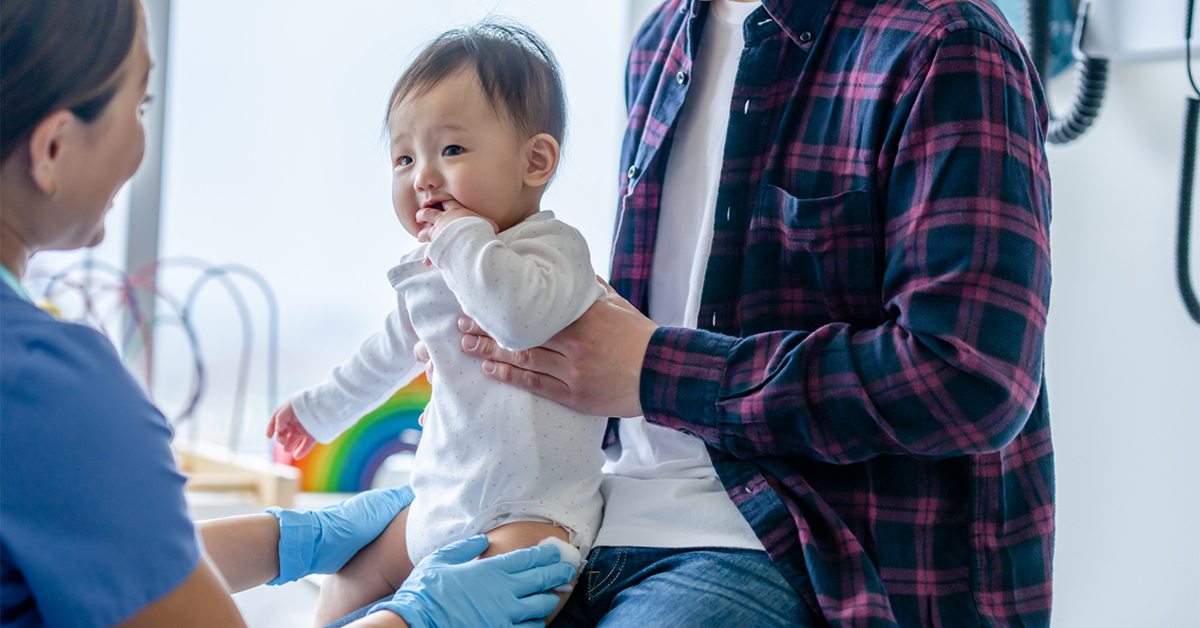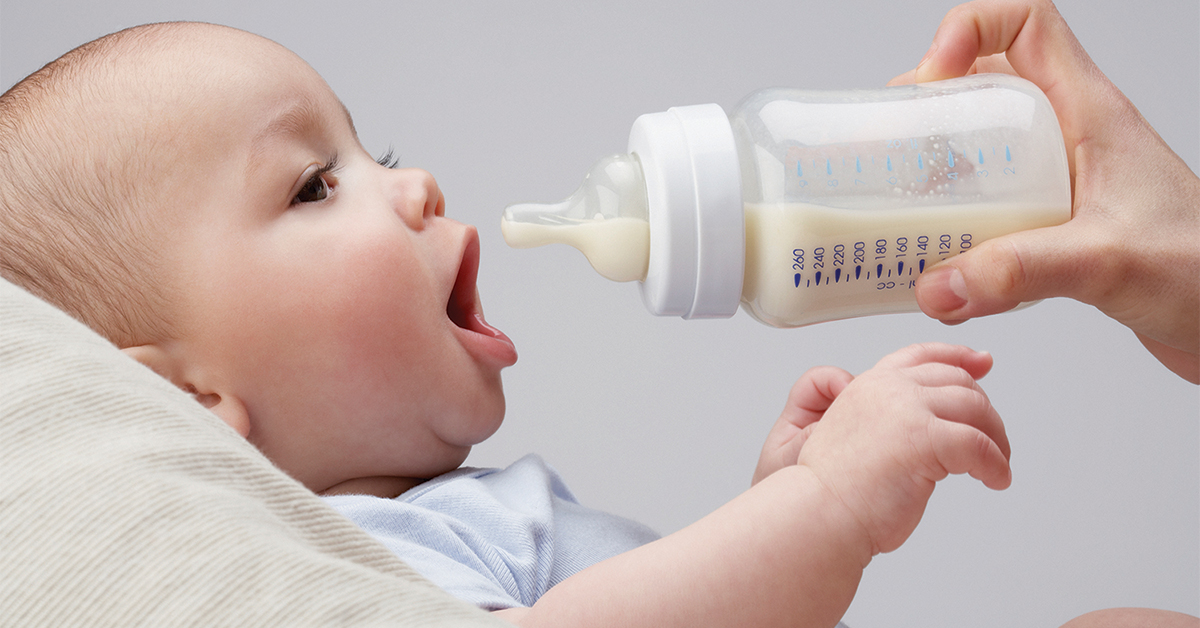Group B Strep
Don’t let this sneaky bug crash your baby party!
When preparing for the arrival of a baby, it is important to remain informed and vigilant for any unexpected challenges that may arise. Knowledge is a powerful tool, especially in the realm of parenting! One particular challenge to be aware of is Group B Streptococcus (GBS), a type of bacteria that can pose risks to newborns.
What is Group B Streptococcus (GBS)?
GBS is a bacteria that usually lives in the intestines and the urinary and genital tracts. It is generally harmless in adults but can be dangerous for babies. While transmission in adults is not entirely understood, babies can be exposed to GBS bacteria during delivery. The risk factors include premature birth, prolonged labor, or a previous baby with GBS. Though not all babies who encounter GBS become ill, the consequences for those that do can be severe.
According to the Centers for Disease Control and Prevention (CDC), untreated GBS infection in newborns can lead to the following:
- Sepsis, a blood infection
- Pneumonia, a lung infection
- Meningitis, an infection of the fluid and lining around the brain
Long-term disabilities such as hearing loss or learning difficulties can be caused by untreated GBS infection in newborns.
Should I get tested for GBS?
Yes! To protect your baby, getting tested for GBS during pregnancy is crucial. Most women are tested between 35-37 weeks when the test is most effective. According to the American College of Obstetricians and Gynecologists (ACOG), about 25% of pregnant women ‘carry’ or are ‘colonized’ with the GBS bacteria without knowing it. Though often undetected, GBS can be transmitted to the baby during delivery. Testing helps prevent that.
Make your voice heard
Help raise awareness of the importance of testing during July which is Group B Strep Awareness Month. Click below to share the following Tweet to your Twitter followers!
What if I test positive for GBS?
If you test positive, don’t panic. GBS is a very common and treatable condition. Your Welia Health provider will likely give you antibiotics during labor to protect your baby. This reduces the chances of passing on the infection by a remarkable 80%, making it an absolute no-brainer.
Can GBS be prevented?
While GBS can’t be completely prevented, there are steps you can take to reduce your risk. These include practicing good hygiene, avoiding douching or using harsh soaps in the genital area, and attending all prenatal appointments. Additionally, if you have any signs of infection (such as fever or urinary tract symptoms), notify your provider immediately.
What are the symptoms of GBS?
Because knowledge is such a powerful tool, recognizing the symptoms early on and seeking quick medical help can make all the difference.
Common signs of GBS in infants
- Fever
- Difficulty breathing or grunting sounds
- Irritability or lethargy
- Poor feeding and weight loss
- Jitteriness or seizures
If your baby shows any of these symptoms after birth, seek immediate emergency care at Welia Health. Our experienced team will provide prompt treatment.
Subtle symptoms in pregnant women
In pregnant women, GBS may not always show clear signs. Some may have urinary tract infections caused by GBS bacteria, while others may have no noticeable symptoms at all. That’s why routine screening during pregnancy is a must. It helps identify and treat potential risks before they become serious health issues.
What happens if GBS goes untreated?
An untreated GBS infection poses significant risks for both mothers and babies. Newborns may experience dangerous consequences, including pneumonia, sepsis, meningitis and, in some cases, death. Mothers may experience difficulties such as endometritis, blood infections and other post-birth issues if GBS is left untreated.
Now you know
Understanding the significance of Group B Streptococcus, a prevalent bacteria that poses a severe risk to newborns, empowers you to safeguard yourself and your little one from potential harm. As part of your prenatal care plan at Welia Health, be sure to include GBS screening between 35-37 weeks. Prioritizing this helps protect the health and well-being of you and your baby.
If you have concerns or questions about GBS during pregnancy, speak with your Welia Health provider. They are here to support you throughout your pregnancy journey.














